College News
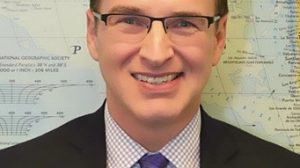
For his leadership in foreign language education throughout North Carolina and nationally, UNC Charlotte’s Bobby Hobgood has received a “lifetime achievement award” as the recipient of a Foreign Language Association of North Carolina Honorary Life Member Award.
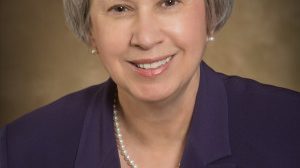
Nancy Gutierrez, dean of the College of Liberal Arts & Sciences at UNC Charlotte, has been named a trustee of the North Carolina Humanities Council for a three-year term. The organization provides ways for North Carolinians to engage with one another through the humanities. All the programs support lifetime learning in North Carolina through the humanities, especially literature, history, art, music and philosophy.
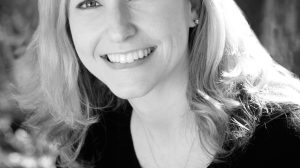
Allison Stedman, associate professor of French at UNC Charlotte, has received a prestigious National Endowment for the Humanities fellowship to complete a book project with relevance for understanding mind-body connections, the history of medicine, miracles, mysticism, holism, and metaphysical theology. The year-long fellowship will support the outcome of in-depth research to be conducted at the Arsenal Library and the French National Library in Paris, France for a book she is writing.
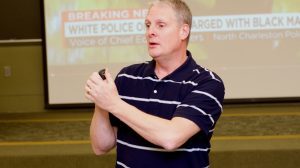
Drug use is the main motivation for women who burglarize, while money ranks as the top motivation for male burglars, new UNC Charlotte research has found. The study, published in the January 2017 Journal of Drug Issues, was led by Criminal Justice and Criminology Professor Joseph B. Kuhns and is one of the few that interprets data from both male and female burglars.

A Confucius Institute will open at UNC Charlotte in summer 2017 to broaden the University’s outreach and support for language instruction and cultural opportunities in the Charlotte community. UNC Charlotte will establish the Confucius Institute within the College of Liberal Arts & Sciences in the Department of Languages and Culture Studies.

Navigating the world’s oceans of data can prove daunting. It is not enough to simply amass and access vast quantities of data; researchers have learned the importance of understanding and using data in purposeful ways. To make the most of these opportunities, the College of Liberal Arts & Sciences earlier this year joined the UNC Charlotte Data Science Initiative.
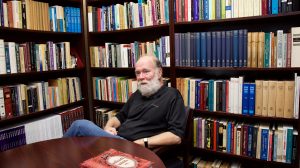
The ancient texts that tell their secrets to UNC Charlotte researcher John C. Reeves inhabit the twilight realms of cosmic arcana, apocalyptic fervor, and religious dualism of Late Antiquity and the Medieval Era. “It’s really the thrill of solving mysteries that keeps me going,” says Reeves, UNC Charlotte Blumenthal Professor of Judaic Studies and Professor of Religious Studies.

The days and weeks following the September 20, 2016 police shooting of African-American Charlottean Keith Lamont Scott saw peaceful protests on campus and research- and scholarship-driven responses by faculty, alumni and students at UNC Charlotte. Among those responses, UNC Charlotte researchers Cherie Maestas and Sara Levens are exploring how the emotions of members of the community translated to action following news of the shooting.

The soldier’s face has faded in the World War II photograph, falling victim to the ravages of time. Yet, even as the picture has turned cloudy, the image of her father has grown sharper in Barbara Presnell’s mind. Presnell, an award-winning documentary poet and essayist, has captured the story of her father William G. Presnell in her Blue Star collection, published earlier this year by Press 53 in Winston-Salem.
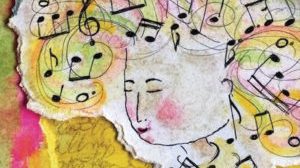
The sounds that fill hospital rooms can take on a discordant tone, as life-sustaining equipment beeps, hisses and blares. Chapel Hill non-profit DooR to DooR breaks through the noise, bringing to health care settings the sounds of a different healing sort, as documented in the new film “The Acoustics of Care.”
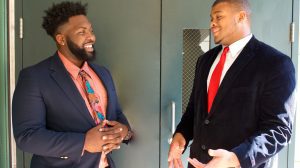
When streetlights burn out in the Enderly Park neighborhood, the darkness closes in, causing residents to worry about safety. UNC Charlotte geography undergraduate students Jamal Covington and Devin Martin have created a way for residents to use mobile devices to easily report issues such as burned-out lights.
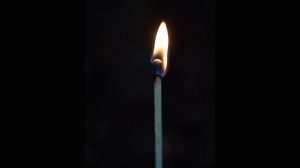
They are born all over the planet, some 3.5 million of them a year, beginning life as tiny flickers in the grass. They grow fast; feeding on forests, devouring ground, turning landscapes into ash. As these fires burn, atmospheric scientist Brian Magi is watching, researching the connections between fire, land, atmosphere and climate – and the role humans play in that mix.